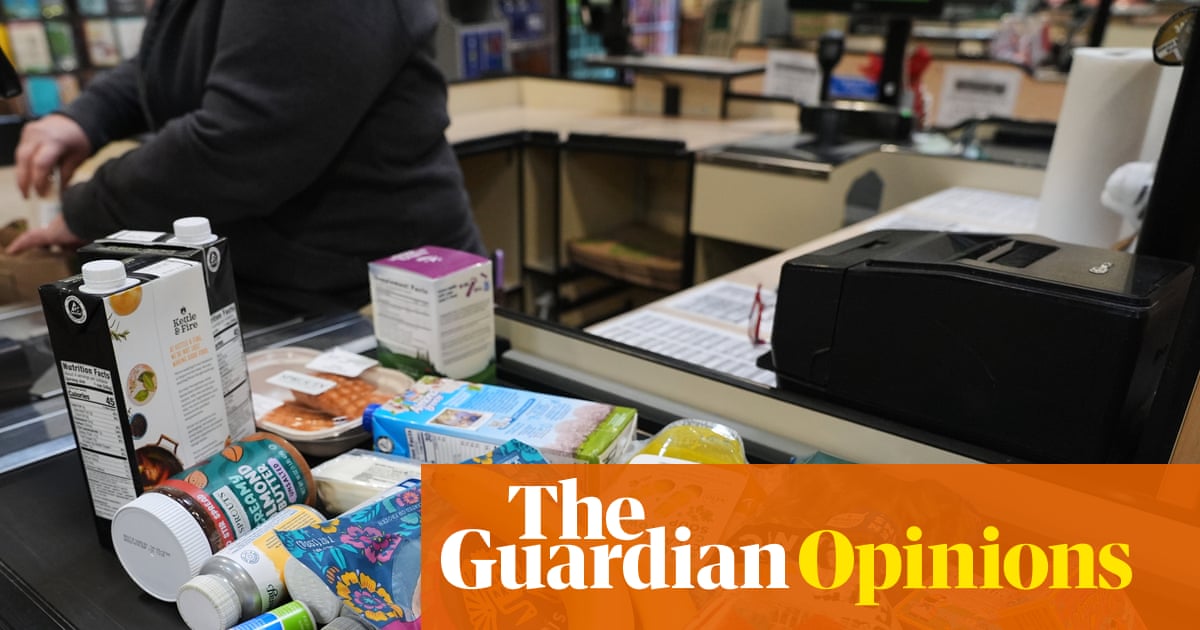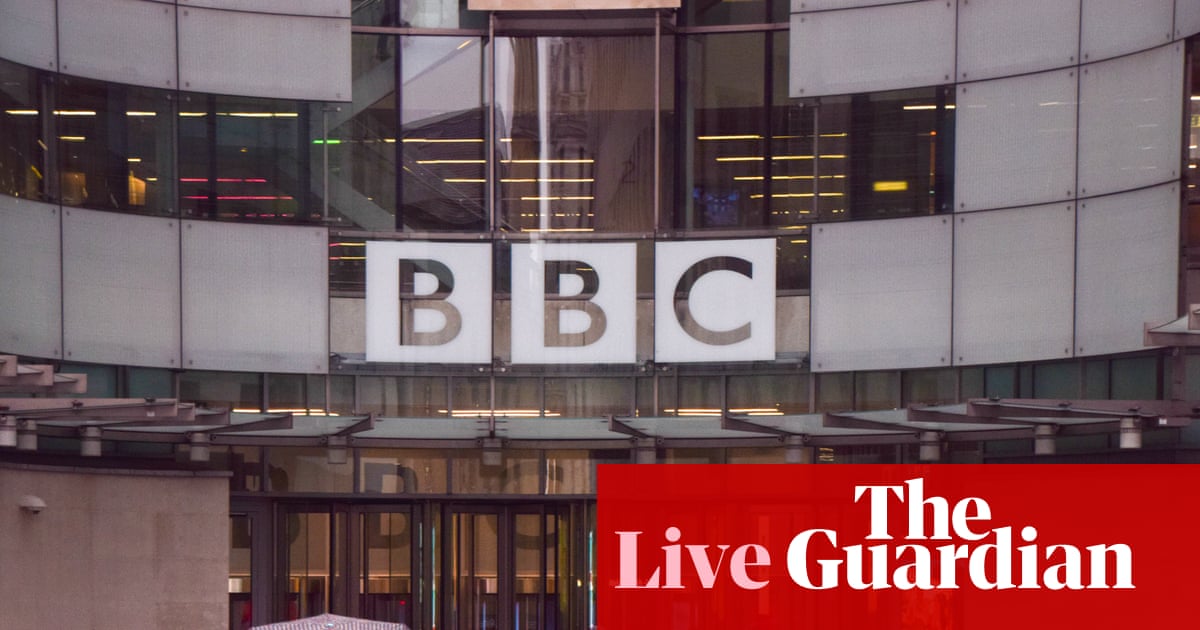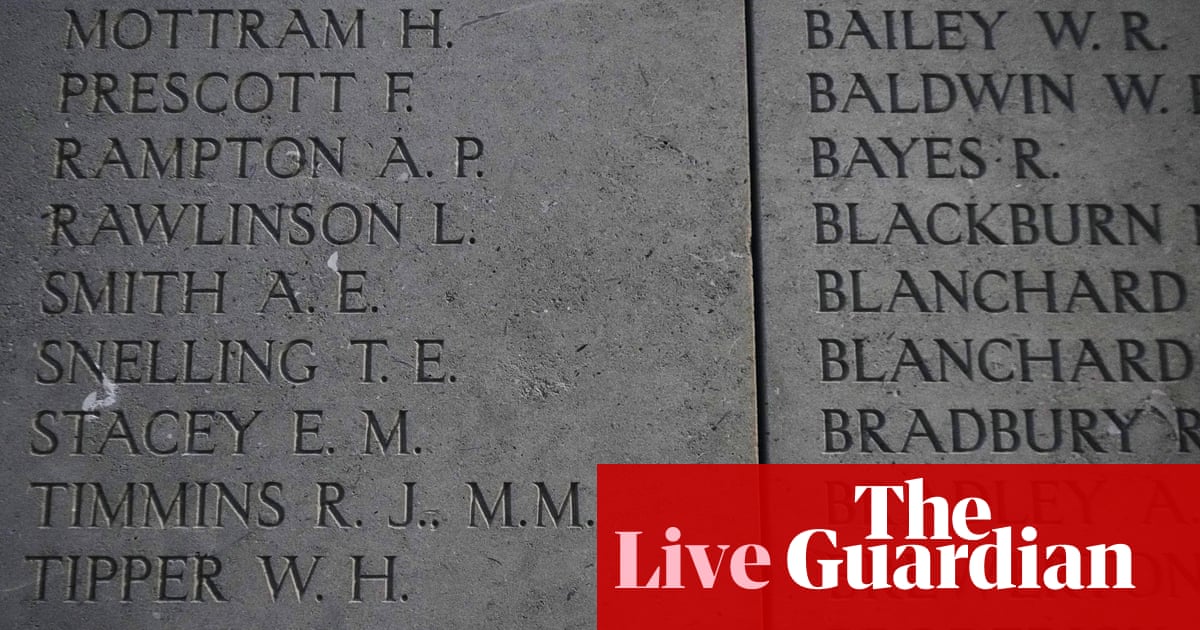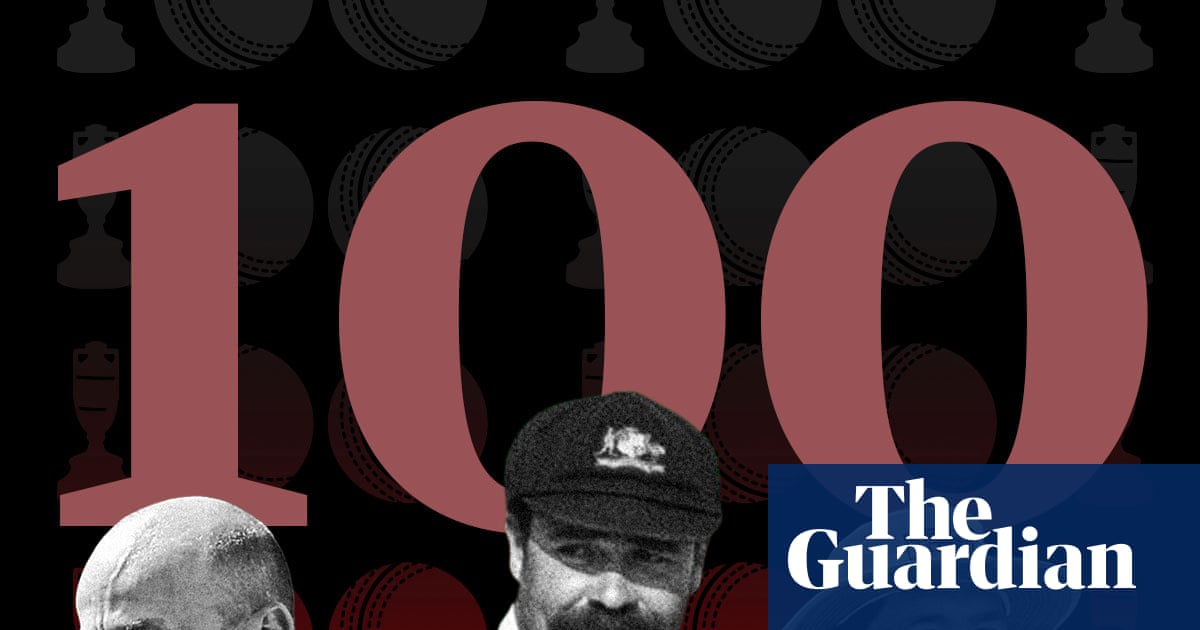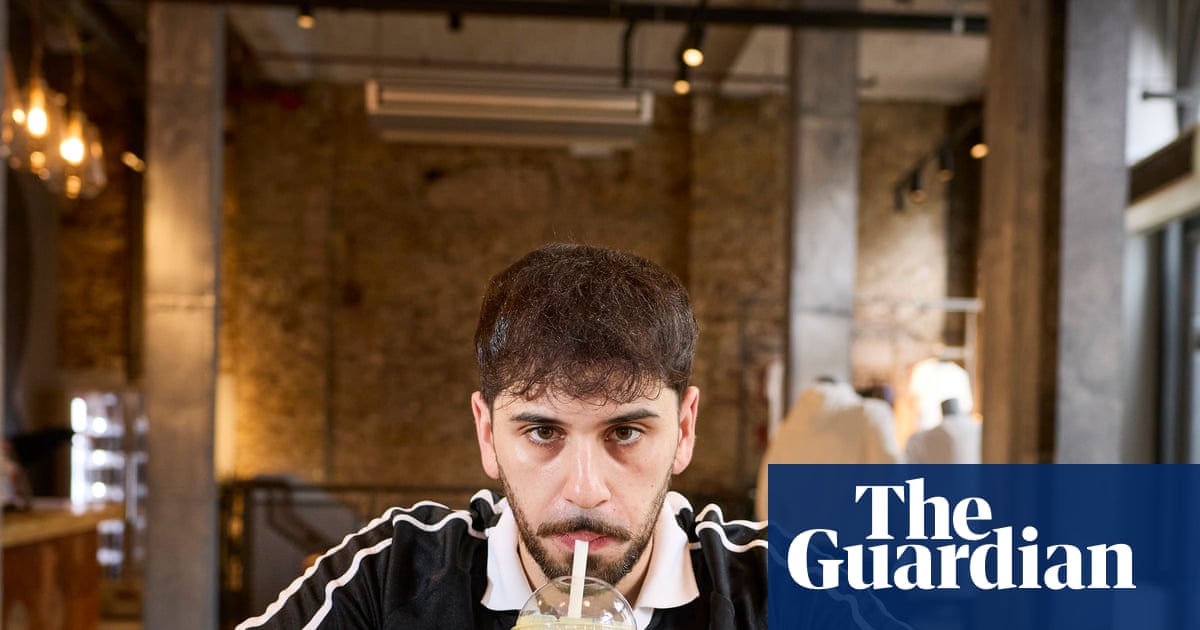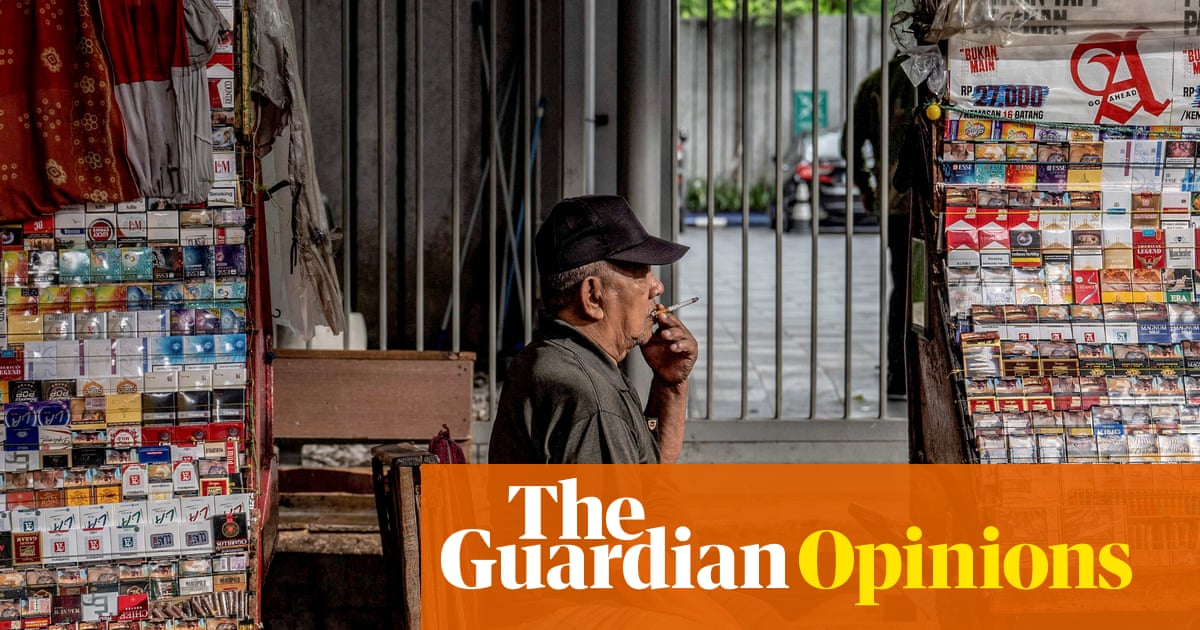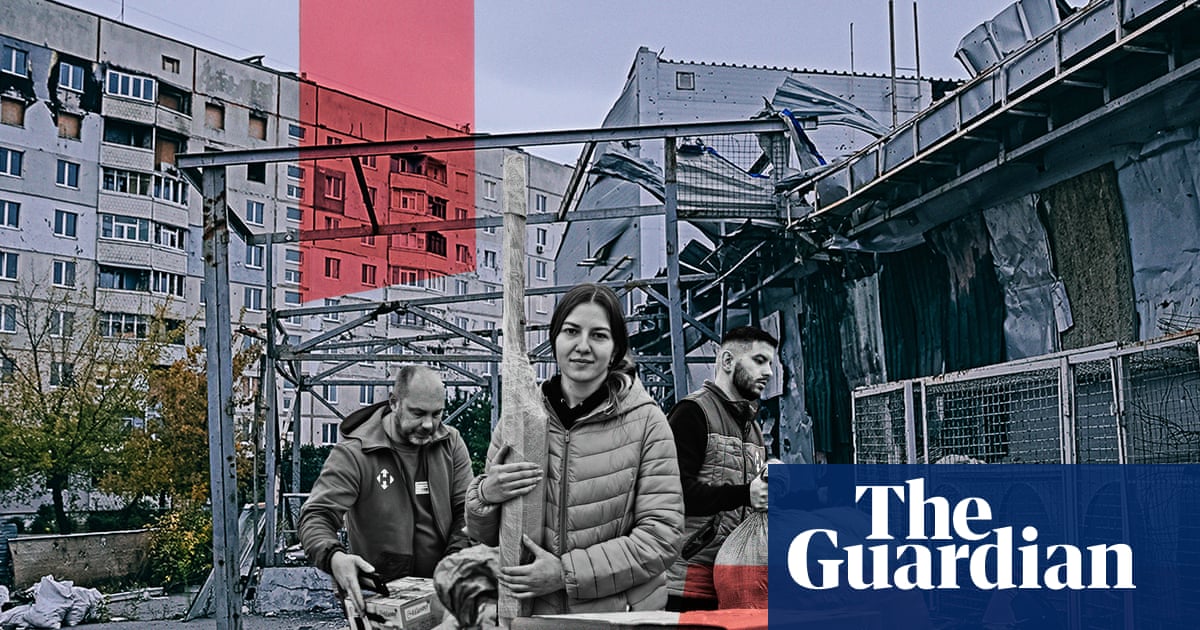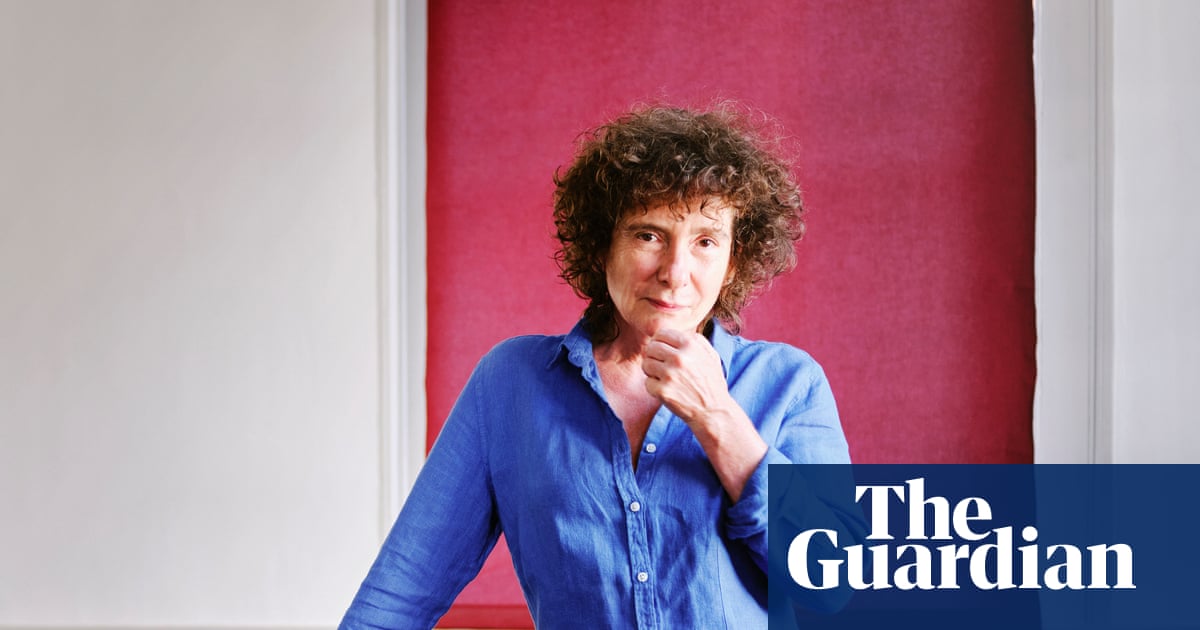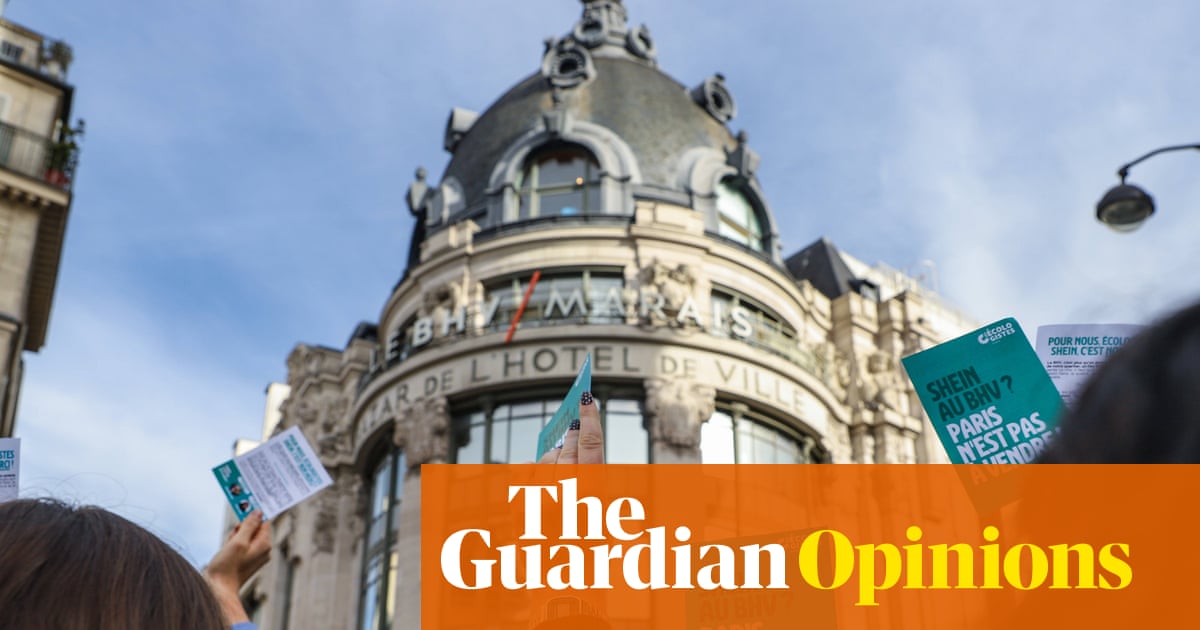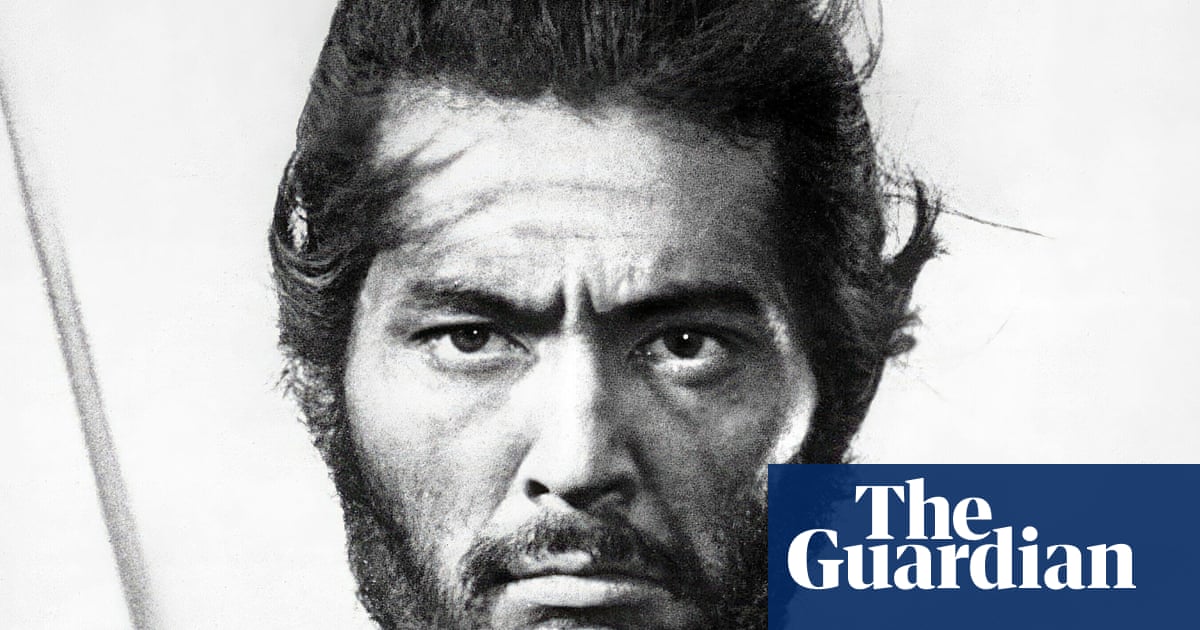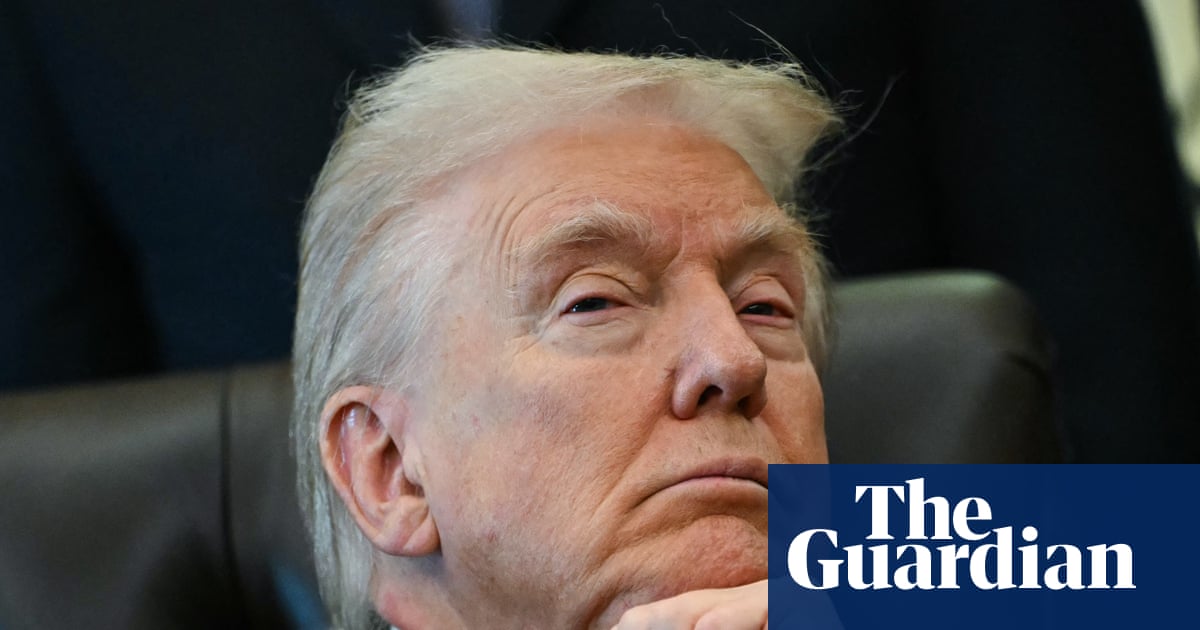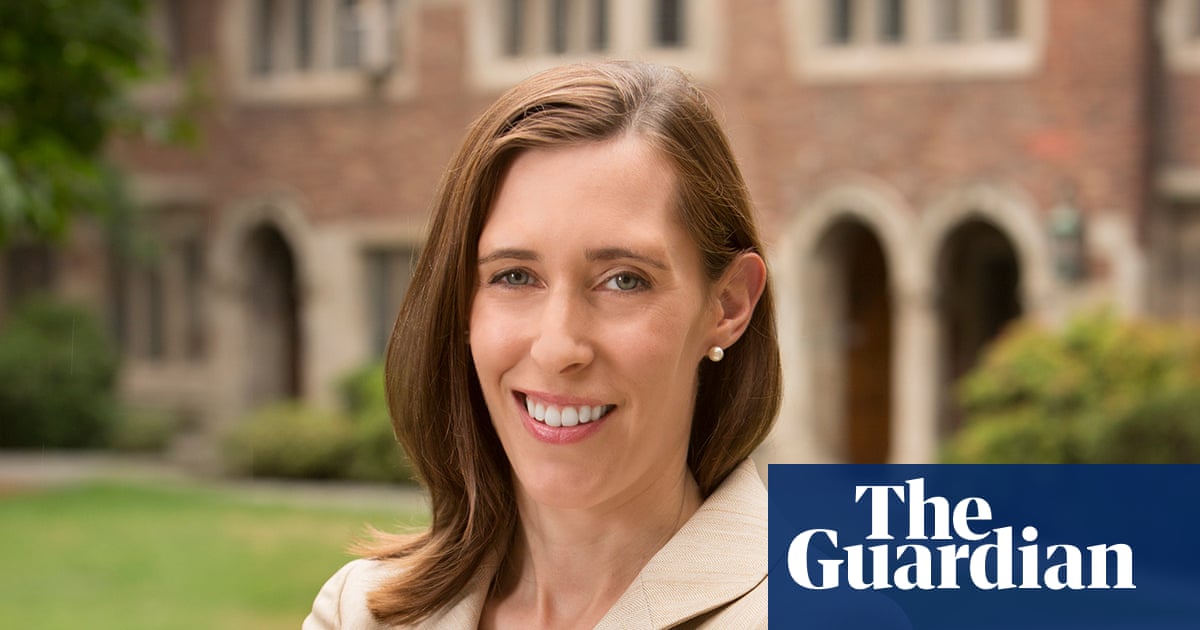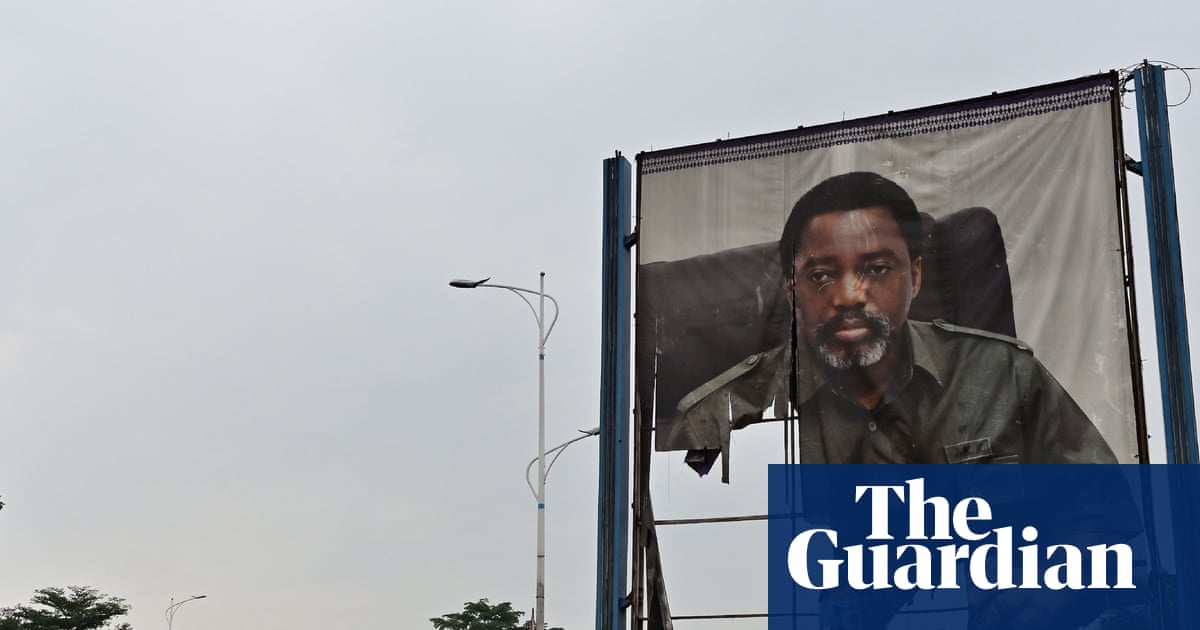The World Health Organization Foundation took an increasing amount of dark money from corporate donors during the three years since its 2020 inception, research has shown, raising concerns among some experts and campaigners that big business is playing a larger role shaping the institution’s policies.
Through the end of 2023, the last year for which records were available, the foundation had taken about $83m in corporate donations, and concealed the identity of donors for about 60% of the sum, a new report into the issue states.
The level of dark money donations are increasing each year – 80% of the foundation’s funding in 2023 came from anonymous sources who made contributions of at least $100,000, up from 15% during the first year, the report’s authors found.
The WHO publicly lists broad “earmarks” for the donations, such as “Covid”, but the largest earmark is for “operational costs”, which critics say is a nebulous term.
“This analysis finds that current levels of donor transparency are low, potentially exposing the [WHO] to risks of perceived reputational damage or undue influence,” wrote the authors, with the University of Edinburgh. Meanwhile, corporate donations that have been made public suggest money is often provided to pay for the priorities of donors, not the WHO, the report’s authors said.
The findings come soon after the US stopped funding the WHO, a Switzerland-based UN agency that promotes global public health, plunging it into a difficult financial position that will likely force it to rely even more on contributions from corporate donors for the foreseeable future.
The WHO is primarily funded by member states and the Bill and Melinda Gates Foundation, and it has stressed the need to increase revenue sources.
But some observers say increasing reliance on dark money could do serious damage to the WHO’s credibility and mission. Nick Freudenberg, a City University of New York professor who tracks corporate influence on public health policy, and who is on a WHO advisory committee, said he is sympathetic to the organization’s difficult funding position.
But, he added: “That in no way excuses some of these problems.”
“The most troubling part of the problem is that the capacity of WHO to do its jobs depends on having the trust of people and public health community, and if they are not disclosing where their money is coming from, then they’re risking their biggest asset,” Freudenberg said.
The donations are part of what appears to be a broader growing dependence on corporate funding among UN agencies. There is no mechanism for tracking corporate donations, but a 2017 paper cited about $3.1bn in funding in a previous year.
That paper’s authors wrote that “corporate actors are systematically involved in the decision-making structures of these partnerships,” pointing to Charles Holliday, Royal Dutch Shell’s chief executive, in 2016 holding the chairmanship of the administrative board of the Sustainable Energy for All climate program, which promotes sustainable energy.
The WHO did not respond to multiple requests for comment from the Guardian. In a previous response to criticism over dark money, Anil Soni, the WHO Foundation CEO and a former pharmaceutical industry executive, defended the donations. The foundation would not accept donations if there was a conflict of interest, Soni said, and he added that he was sympathetic to corporations that wish to donate anonymously to protect themselves.
“They want to be anonymous because they’re otherwise solicited or even targeted because they’re seen to be a source of wealth,” Soni said in 2023. “And I respect that.”
The WHO previously stressed that dark money only represents about 1% of its annual budget, but advocates say the level has significantly increased each year. Advocates say there is still no way of knowing whether corporate interests are funding specific initiatives that they seek to influence.
“The important questions are: what influence do the dark-money donors have at the WHO? And what is the foundation trying to hide?” said Gary Ruskin, director of US Right To Know, a nonprofit that advocates for transparency and tracks issues at the WHO.
“Are the donors trying to influence the WHO? It wouldn’t be surprising.”
Among major corporations that have made public donations are biopharma firm Sanofi, pharmaceutical firms Boehringer Ingelheim and Novo Nordisk, TikTok, Maybelline and Meta, which funded programs around mental health, sleeping sickness and diabetes.
The WHO has stressed it does not accept money from firearms or tobacco companies, but the authors say it still may be taking money from companies playing a role in public health crises, such as those in the ultra-processed food, alcohol, chemical or fossil-fuel industries.
“Substantive evidence suggests that the latter companies use donations to similar initiatives as opportunities to distract or reframe product health harms, to complement marketing plans and to assist in wider lobbying efforts against public health regulations, including in submissions to WHO consultations,” the authors wrote.
The WHO, in a statement to US Right To Know, said it has in place internal protocol and “strict due diligence and governance reviews” to ensure there is no conflict of interest.
But in some cases, even the public donations raise conflict questions. Meta gives funds to the WHO’s department of communications and digital health despite concerns about the effects of social media on children’s mental health. The company, the report notes, has also made donations to politicians who have called for defunding the WHO, creating a scenario in which WHO becomes more dependent on Meta’s funding.
The WHO has been at the center of multiple controversies in recent years, and the donations raise further questions about those issues. In 2022, independent scientists criticized the WHO for establishing what was viewed as industry-friendly advisory limits for PFAS in drinking water.
The chemical industry is among the largest political lobbying forces in the world, and though there is no evidence it contributed to the assessment, there is also no evidence that it did not, or that a donation to another part of the organization played a role in the outcome. Responding to backlash from public health advocates, the WHO scrapped the weak guidelines.
The new report comes after Open Democracy, a transparency advocacy group, gave the WHO a D grade on transparency last year, down from a B before the fund’s creation. The rating put it in the same class as rightwing dark money thinktanks, the report noted.
The upshot, Ruskin said, is a loss of credibility.
“Public health depends, crucially, on public trust, and if the WHO wants to be trustworthy then it has to tell us where the money came from,” Ruskin said.

 2 months ago
45
2 months ago
45
